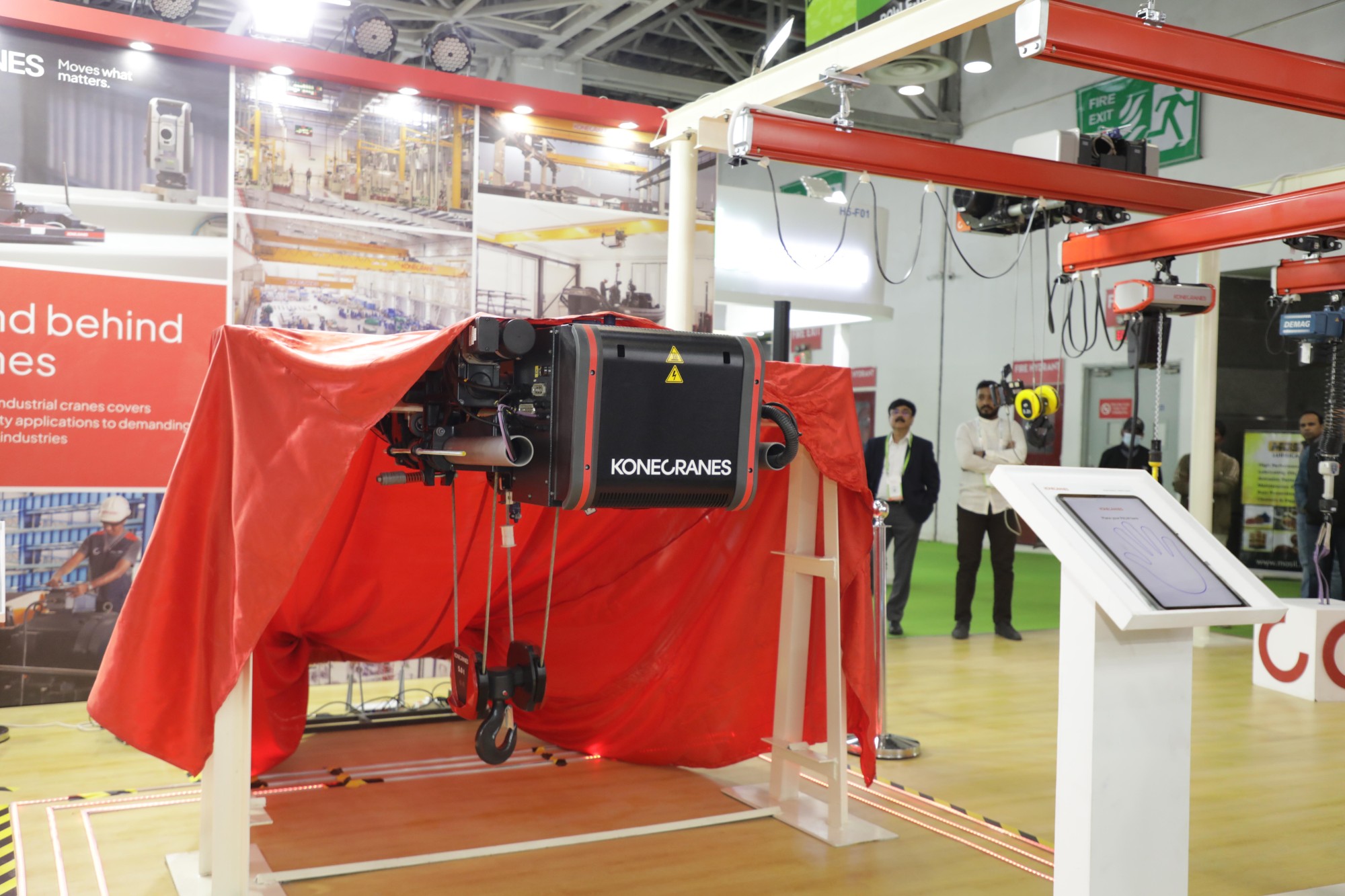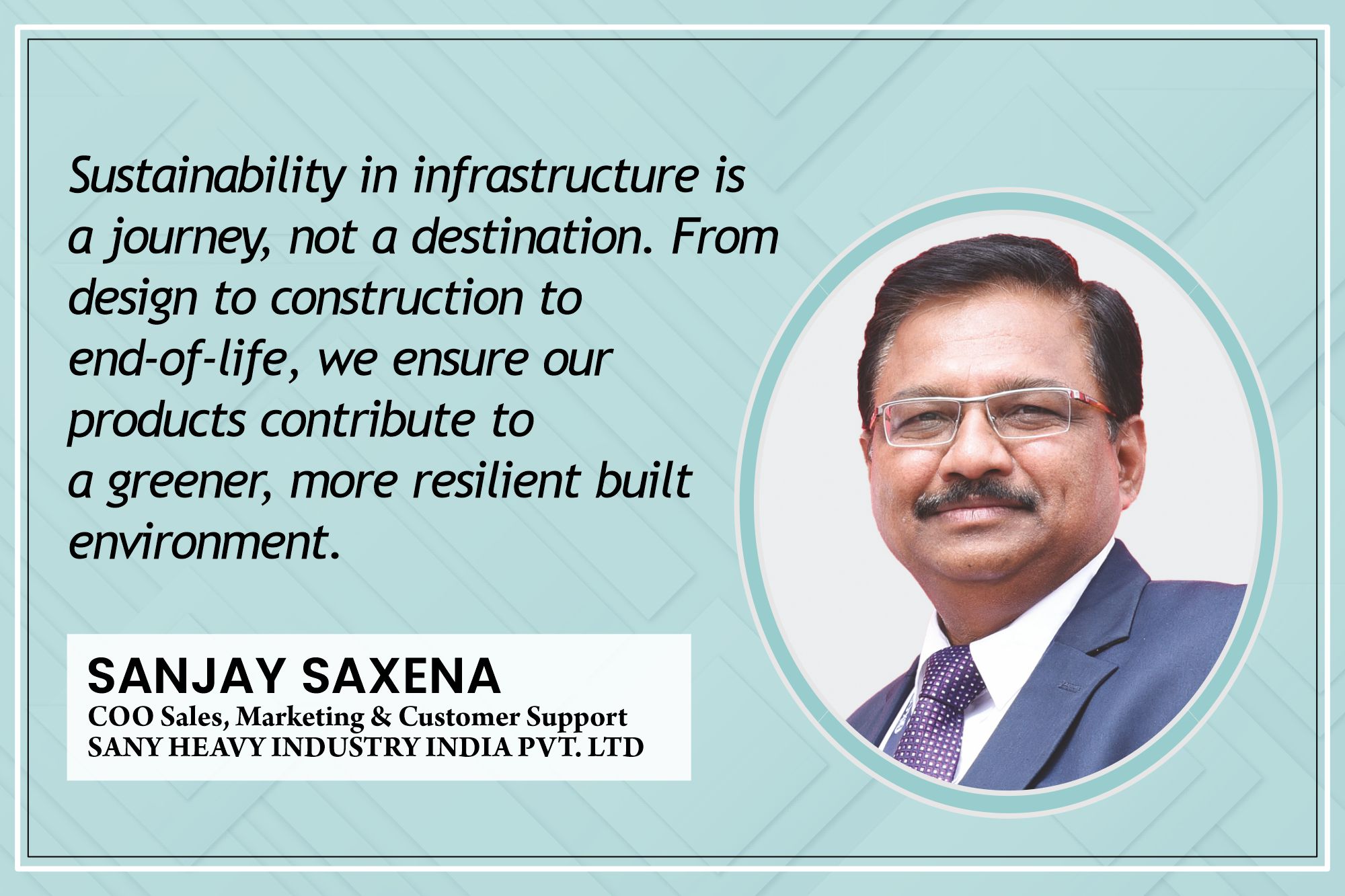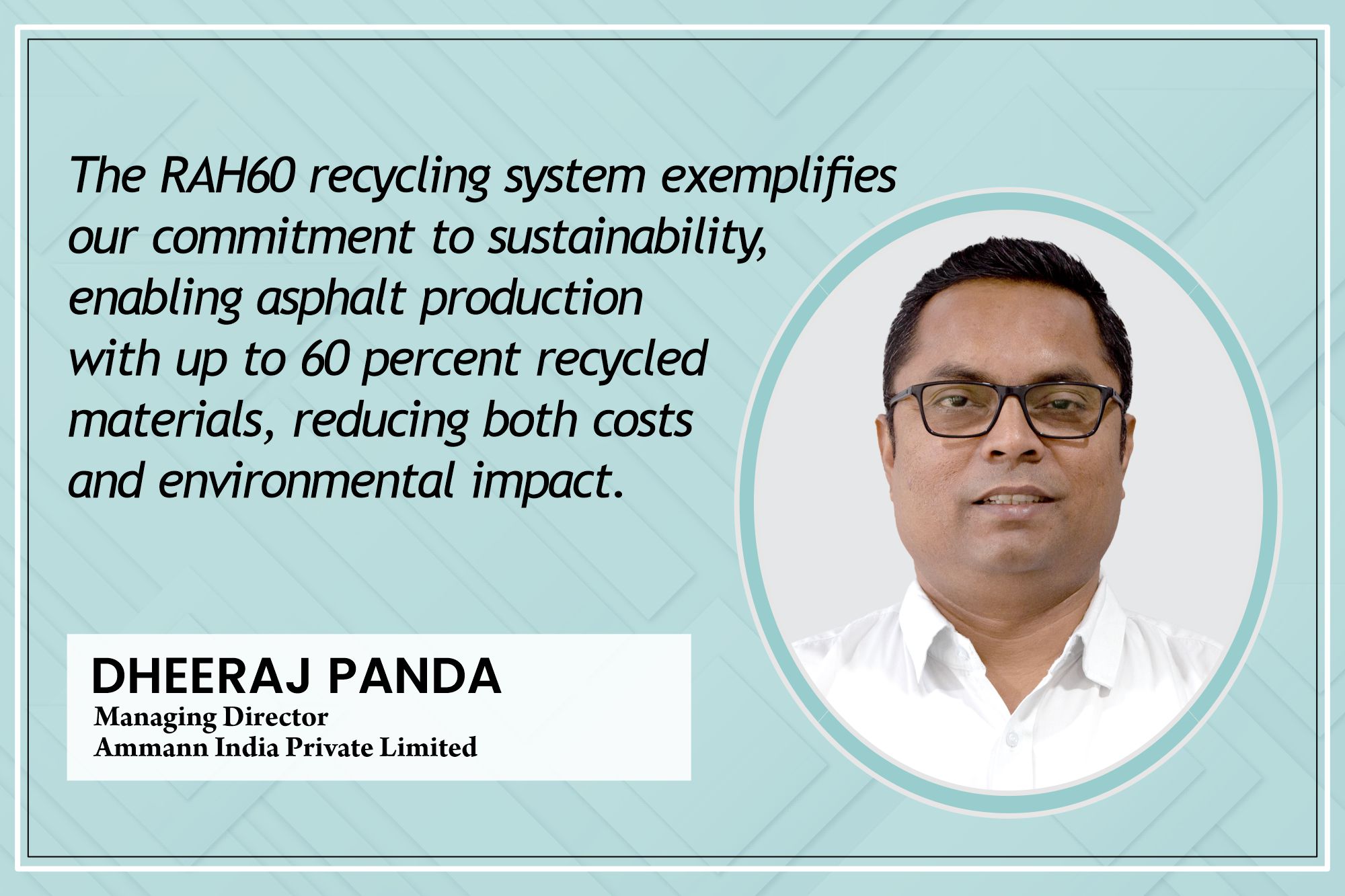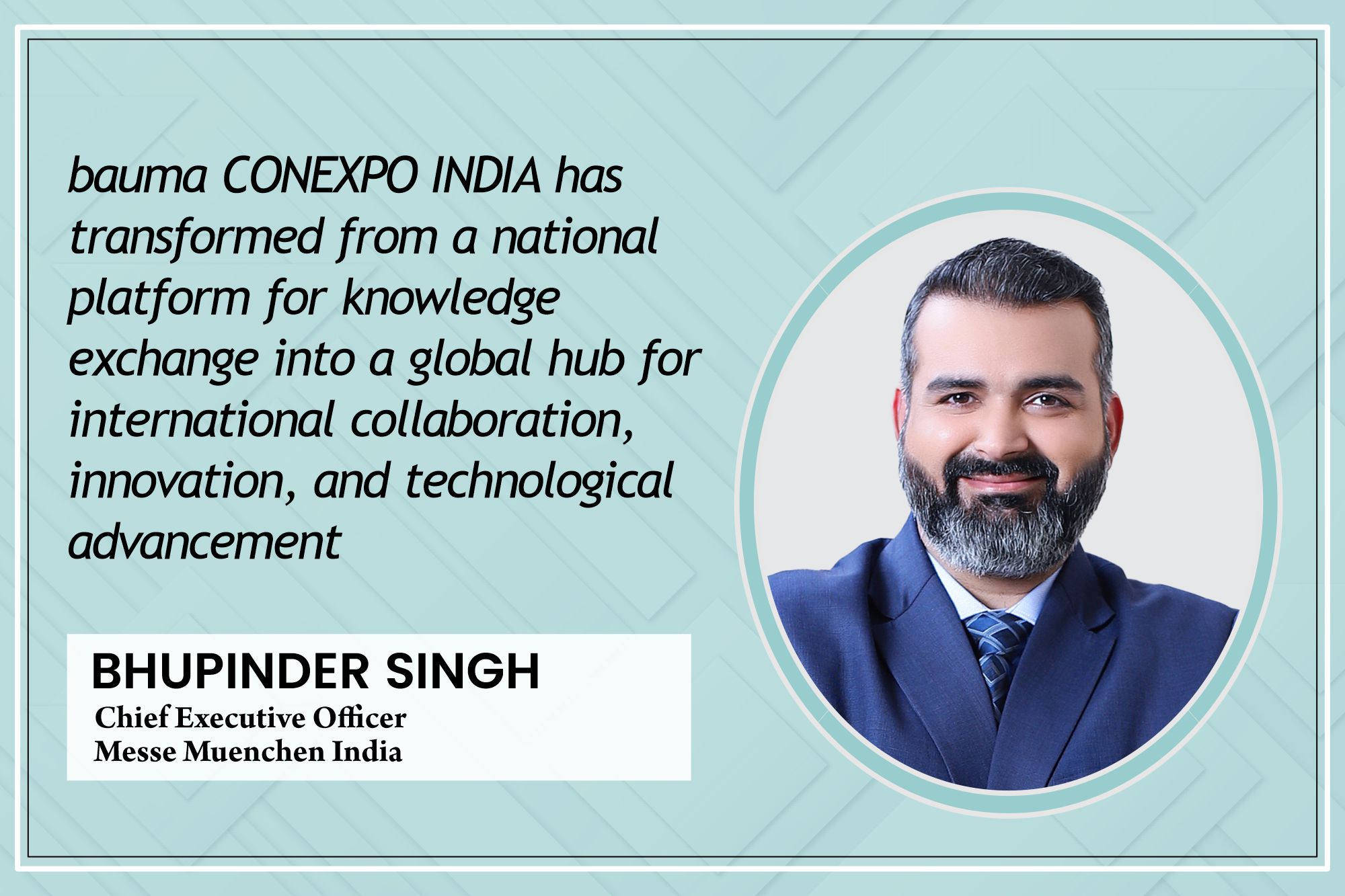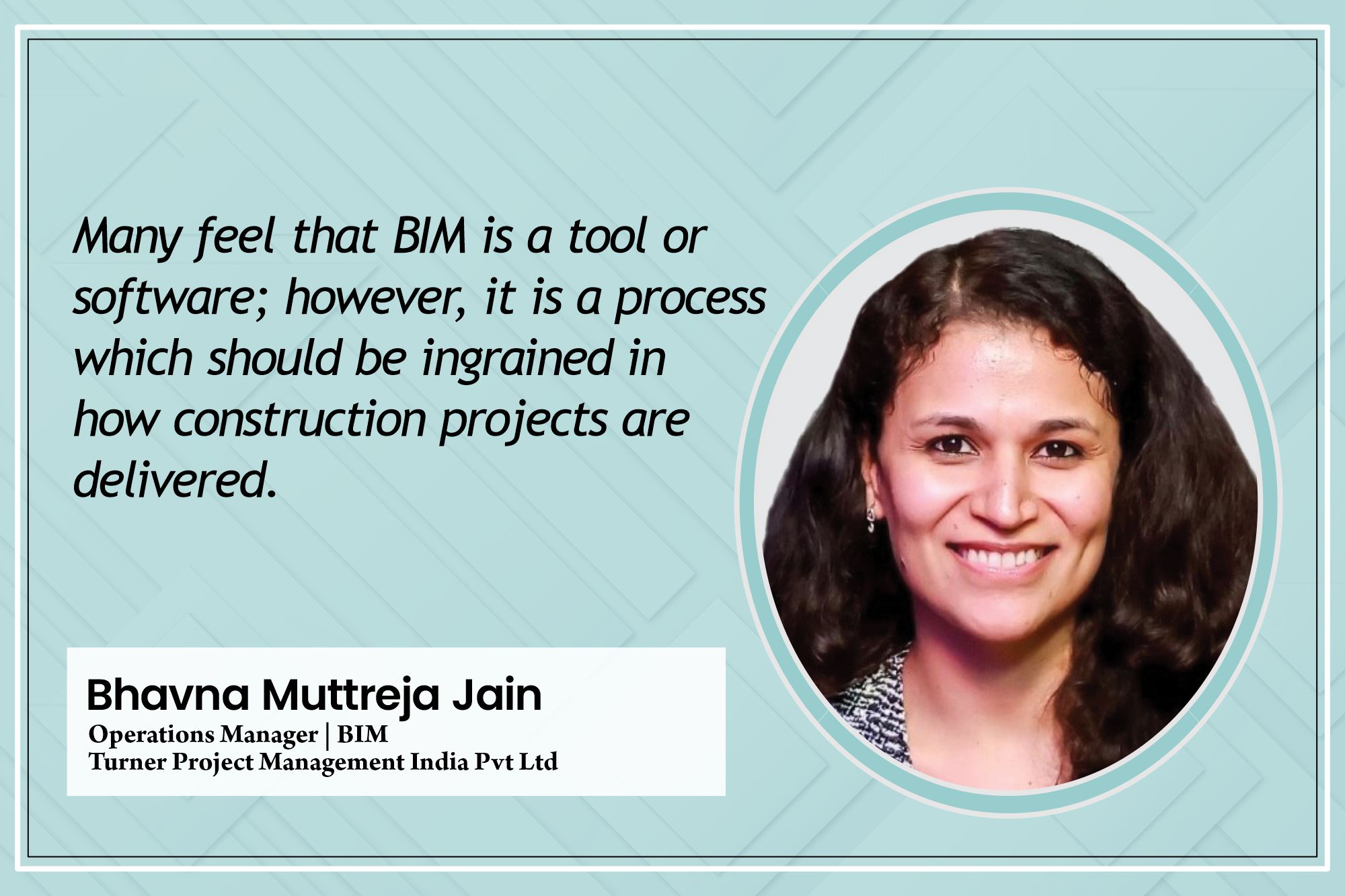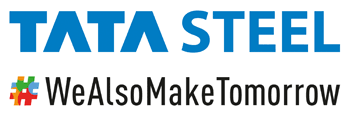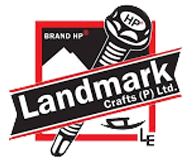Schmersal: consistent system solutions for loose goods
By Edit Team | December 18, 2018 2:15 am SHARE
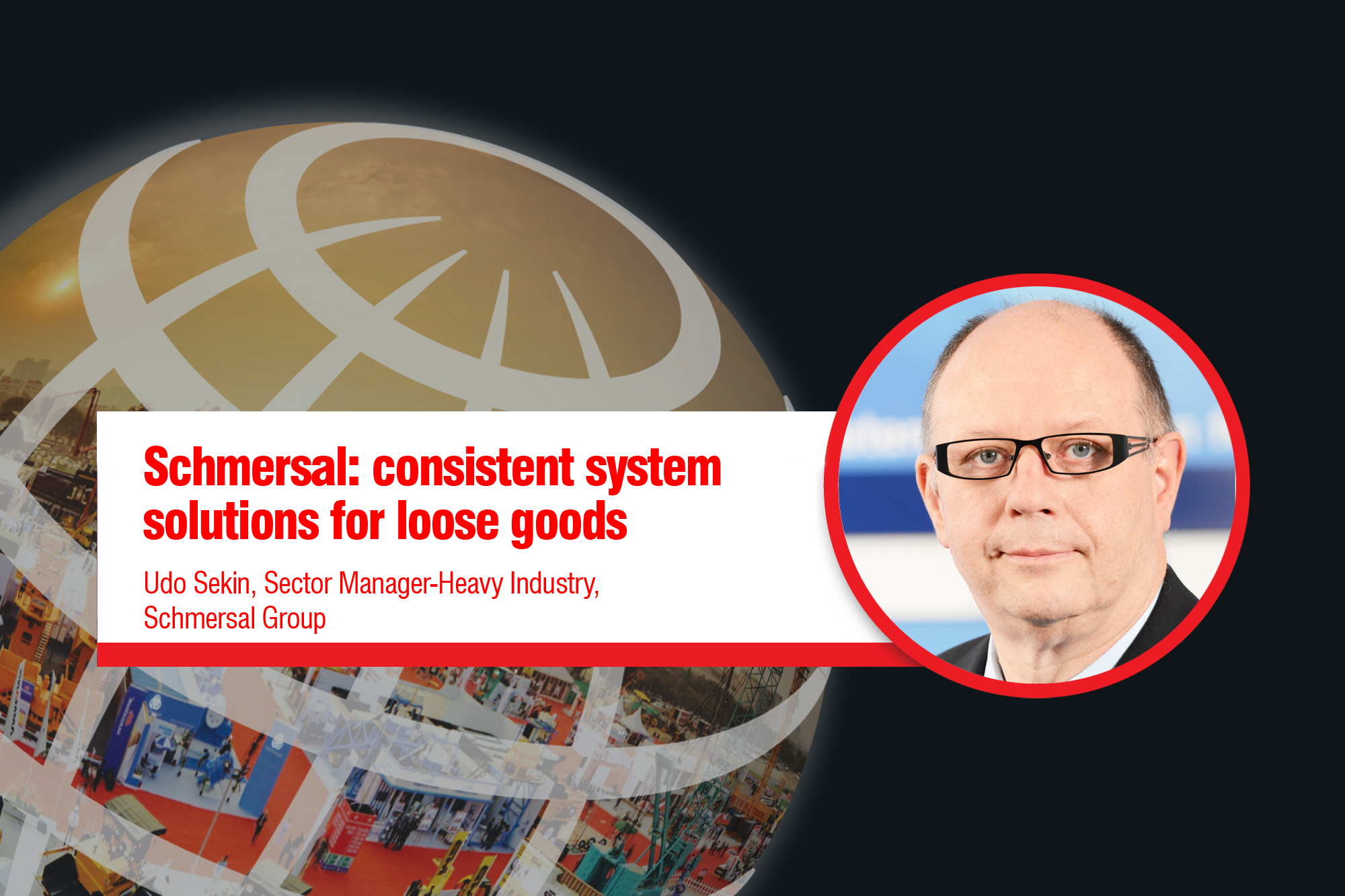
In July 2017, Schmersal entered into a sales partnership with Scanmin Africa in order to provide an extended range of system solutions for the loose goods industry. Udo Sekin, the Sector Manager for Heavy Industry at the Schmersal Group, explains the details and background.
Please discuss few details about the partnership and your work experience with Scanmin Africa.
Scanmin Africa is a relatively young company based in Johannesburg, South Africa, which specialises in radiometric online elementary analysis of loose goods. The Nita II: which was developed by Scanmin, is an automated system which can be installed around the conveyor belt. This allows direct online real-time information to be generated for process monitoring or quality control while the system is running, which means the manual taking of samples for analysis becomes completely superfluous.
Schmersal has more than six decades of experience in heavy industry. We offer our customers in this area a comprehensive range of mechanical and electronic system components, such as belt alignment switches, command and alarm devices and cross switches, which are used in loose goods processing all over the world. In line with our partnership, we are combining the core expertise of Schmersal and Scanmin so that we can offer our shared target industries, including the global cement and coal industry, loose goods processing industry, docks, power stations etc., with consistent system solutions.
How is the loose goods industry significant for the Schmersal Group today? To what extent does it need to be expanded?
With its production sites in Brazil, India and China, Schmersal has long been linked to the economies of the BRICS countries, including Brazil, Russia, India, China and South Africa. Together with Scanmin Africa, Schmersal now has optimum representation in four of the five largest communities of countries in which some three billion people live, more than 40 per cent of the world’s population, and which also have more than 65 per cent of the world’s resources in raw materials. Of course, these are important markets for the Schmersal Group. The cooperation with Scanmin allows us to extend our sales network in South Africa further to give the company better global presence.
What are the most important customer requirements in the loose goods industry? How can you meet these by expanding your system range?
Our global customers are increasingly demanding complete solutions from a single source which they can apply all around the world. From their suppliers, they expect a single point of contact to be available for all their questions and problems, a contact who knows and understands their applications and has comprehensive know-how. This is why Schmersal has not only set up an independent services division, it is also entering into strategic alliances with other suppliers. Two years ago, we formed a sales partnership with Coat Control, which specialises in investment protection and, in particular, the detection of belt tears, longitudinal rips and steel belt monitoring on conveyor systems. The systems and solutions which Schmersal can offer in conjunction with its partners along the whole process chain for conveyor systems represent a real unique selling point as no other market players have the same range of solutions.
What initially-shared customer projects have you already worked on? Can you give us some details about an example application?
We began communicating our sales partnership with Scanmin Africa just six months ago, and the news has met with broad acceptance and positive reactions from our customers. We are currently carrying out intensive meetings with many of our international customers and have put some initial quotations out there. However, we will have to wait a little while before first orders are received, as the project pipelines in heavy industry are generally up to two years, so we have no specific applications just yet.
What is the partnership’s potential with respect to other industries, countries, etc.?
We see real market potential in China and India. For example, China is the biggest manufacturer of cement in the world, with a production volume of 2.5 billion tonnes per year, followed by India with 0.28 billion tonnes. For us, these are future markets in which we can increasingly position ourselves as complete providers with comprehensive systems, solutions and services for the loose goods industry.
We are currently carrying out intensive meetings with many of our international customers.
Udo Sekin, Sector Manager-Heavy Industry, Schmersal Group
For more details, visit www.schmersal.in
Cookie Consent
We use cookies to personalize your experience. By continuing to visit this website you agree to our Terms & Conditions, Privacy Policy and Cookie Policy.



